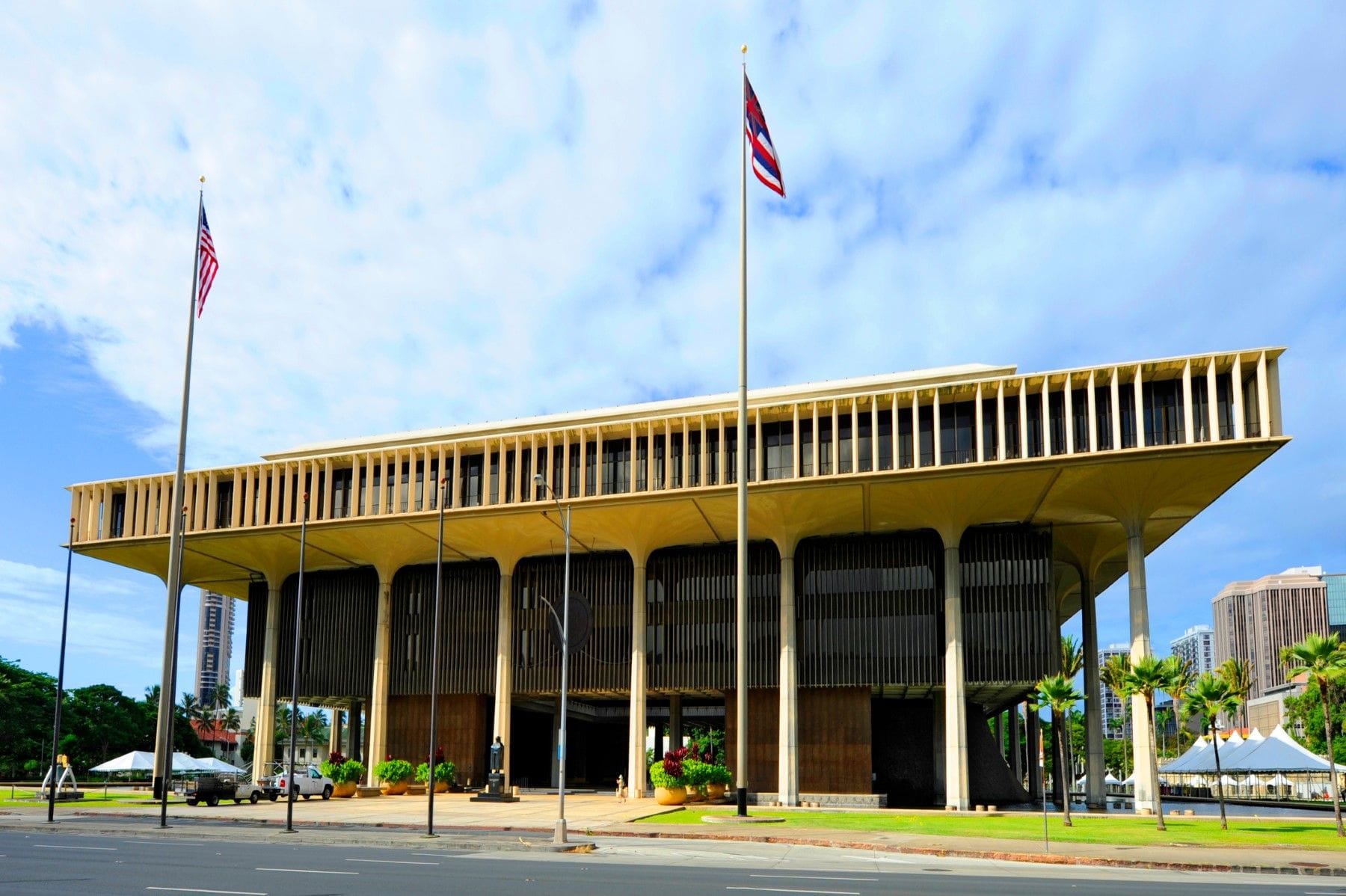Hawaii Expert Witness Rules: What Litigators Need to Know
Expert testimony in Hawaii civil cases is shaped by strict disclosure rules, Daubert standards, and strategic pretrial scheduling to ensure admissibility.
Updated on
In this article
Expert witness testimony is a critical component of civil litigation in Hawaii, especially in matters involving medical malpractice, professional negligence, and complex technical claims. Hawaii follows a system rooted in both its Rules of Civil Procedure and Rules of Evidence, which closely resemble the federal framework. Expert disclosure and admissibility in Hawaii are governed by structured pretrial processes, and trial courts have broad discretion to exclude expert testimony that fails to meet procedural or evidentiary requirements.
Designation Requirements
Hawaii does not require expert witnesses to be formally “designated” through a motion, but parties must comply with mandatory disclosure rules under Haw. R. Civ. P. 26(b)(4). The disclosure process typically occurs through interrogatories or court-ordered pretrial statements.
When identifying an expert witness, the disclosing party must provide:
- The name and qualifications of the expert
- The subject matter of the testimony
- A summary of the expert’s opinions
- The basis and reasons for each opinion
Disclosures must be made in accordance with deadlines set by the court’s pretrial scheduling order, and failure to comply may result in exclusion under Rule 37 if the non-disclosure is found to be unjustified or prejudicial.
Expert Disclosure Process
Under Haw. R. Civ. P. 26(b)(4)(A), expert disclosures in Hawaii typically occurs in stages:
- Initial disclosures through interrogatories or written discovery
- Supplemental expert disclosures as required by scheduling orders
- Expert reports, if ordered by the court or required by local rules
The disclosing party must provide:
- A summary of opinions
- The basis and methodology supporting those opinions
- Supporting materials such as data, literature, or test results
- A list of the expert’s prior testimony and publications
- Compensation arrangements
In complex civil litigation, especially medical malpractice and scientific cases, trial courts often require a full written report or comprehensive expert disclosure to streamline pretrial proceedings and avoid surprise at trial.
Required Declarations
While Hawaii does not mandate expert declarations or affidavits as part of routine disclosures, such materials become essential in dispositive motion practice, particularly under Haw. R. Civ. P. 56(e) (summary judgment).
To be valid, expert affidavits or declarations must:
- Be based on personal knowledge
- Present facts that would be admissible in evidence
- Demonstrate the expert’s competence to testify on the issues presented
In medical malpractice cases, expert declarations are often required to oppose summary judgment and must show a breach of the standard of care and proximate causation, supported by sufficient scientific or clinical evidence.
Fees and Compensation
Expert witness fees in Hawaii are typically negotiated privately. However, when an opposing party seeks to depose a testifying expert, Rule 26(b)(4)(C) provides that the deposing party must pay the expert a reasonable fee for time spent in the deposition.
If a dispute arises over what constitutes a “reasonable fee,” courts may intervene and consider:
- The expert’s field and experience
- The complexity of the testimony
- Standard market rates for similar services
Discovery Scope and Limitations
Hawaii allows for substantial expert discovery under Rule 26(b)(4), including:
- The identity and opinions of testifying experts
- The basis and methodology behind those opinions
- Data and materials reviewed
- Prior testimony and relevant publications
- Fee agreements and billing practices
However, discovery of non-testifying experts retained solely in anticipation of litigation is generally prohibited, unless the party seeking discovery demonstrates exceptional circumstances, such as the unavailability of alternative evidence.
Work-product protections also apply to attorney-expert communications and draft reports, but factual materials considered by the expert must be disclosed.
Admissibility Standards
Hawaii courts apply the Daubert standard, following Haw. R. Evid. 702, and interpret expert admissibility in line with federal precedent. Trial courts act as gatekeepers, ensuring expert testimony is both relevant and reliable.
Under Rule 702, expert testimony must:
- Be provided by a qualified expert
- Be based on sufficient facts or data
- Be the product of reliable principles and methods
- Reflect the reliable application of those methods to the facts of the case
The Hawaii Supreme Court in State v. Vliet, 95 Haw. 94 (2001) adopted the Daubert framework, emphasizing that scientific validity and methodological soundness are essential components of admissible expert testimony.
Judges may conduct Daubert hearings prior to trial to assess the expert’s qualifications, methodology, and application to the case-specific facts.
Key Deadlines & Strategy Notes
Expert disclosure deadlines are typically set by pretrial orders or Rule 16 scheduling orders, which vary by court and case complexity. A typical structure includes:
- Initial expert disclosure: 90–120 days before trial
- Opposing party’s disclosure: 30–60 days after initial disclosure
- Rebuttal expert deadline: Often 30 days after the defense disclosure
- Daubert or exclusion motions: Filed in advance of the final pretrial conference
Strategically, attorneys should retain experts early, confirm availability for deposition and trial, and ensure all opinions are supported by peer-reviewed literature, testing data, or reliable methodologies. In Hawaii, expert testimony is frequently challenged on methodological grounds, so preparing for admissibility scrutiny is essential.
State-Specific Statutes & Local Rules
- Haw. R. Civ. P. 26(b)(4): Expert discovery and disclosure rules
- Haw. R. Civ. P. 37: Sanctions for failure to disclose
- Haw. R. Civ. P. 56(e): Affidavit requirements for summary judgment
- Haw. R. Evid. 702: Codifies the Daubert admissibility standard
- State v. Vliet, 95 Haw. 94 (2001): Leading Hawaii Daubert decision
Attorneys should also consult local circuit court rules, especially in Oʻahu (First Circuit) and Maui (Second Circuit), where pretrial procedures may impose additional formatting requirements or disclosure timelines for expert witnesses.


